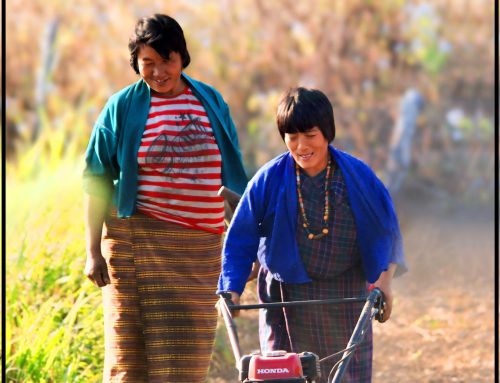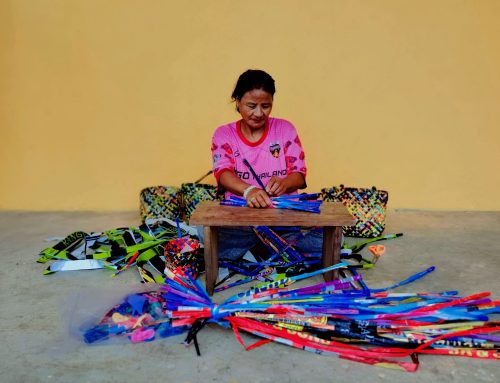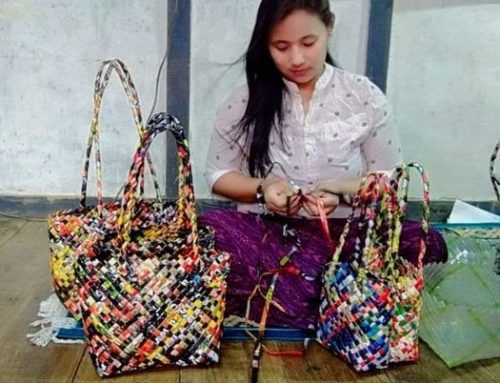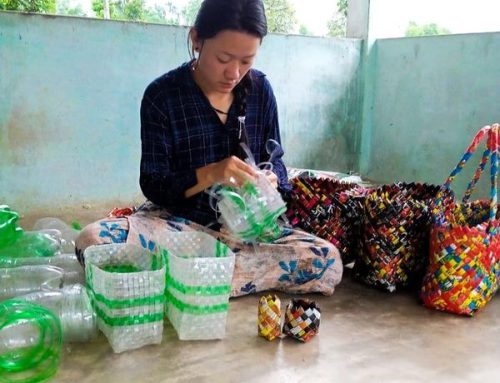The farming community has been safeguarding and developing the country’s bio-diversity for over hundreds of years. Dru-na-gu or nine food crops, namely rice, maize, wheat, barley, buckwheat, millets, pulses, oilseeds and amaranths, dominated the Bhutanese food basket in the past and played a fundamental role in culture, tradition, religion and livelihood. However, it is now gradually disappearing for various reasons. According to Katwalet al. (2015), the overall loss of traditional crop varieties in the last 20 years is 28.57%. Similarly, a recent survey conducted by LobzangTshering T of College of Natural Resource revealed that the traditional crop cereal lost in Samdrup Jongkhar dzongkhag is estimated at 25% (study titled “Loss of Traditional Crop Cereal in Samdrup Jongkhar dzongkhag” as part of his bachelor’s program, 2016) (SJI made a small contribution towards this study).
Concerned over the declining indigenous crops and the trend of farmers’ dependency on the government for seeds, which was in contravention to the larger goal of self reliance, SJI has decided to focus on these issues through support from UNDP GEF. In pursuance of this endeavour, SJI organized a stakeholders’ workshop on “Sustaining agro-biodiversity and seed self reliance”, from October 12-13, 2016 at Dewathang gewog office. The objective was to educate farmers on the importance of sustaining agro-diversity and seed self reliance, value and current situation of traditional crops, policies and programs of the government, to also listen to farmers’ stories and not the least of all strengthen cooperation and collaboration between stakeholders.
93 farmers from Dewathang and Orong gewogs, experts from Agriculture Research and Development Centre (ARDC) in Wengkhar and National Bio-diversity Centre (NBC) and Navdanya, India, Samdrup Jongkhar Dzongkhag Agriculture Officer, Agriculture Extension Officers from Dewathang and Gomdar gewogs and SJI staff participated in the workshop. The field visit to Khamaythang seed bank in Phuntshothang gewog afforded farmer to farmer exchange program besides learning from the farmers’ and gewog extension service’s experiences in establishing and operating a community seed bank.
To start with, SJI will work with select communities. Establishment of a community seed bank using local materials is also part of the plan. Land has been generously offered by Chokyi Gyatso Institute.

Courtesy : NBC

Type of seeds Courtesy : NBC

Courtesy : RNR, Wengkhar

Dru-na-gu Courtesy : NBC

Lead farmers from Dewathang and Morong

Speakers from S/j, NBC, Gomdar and Wengkhar

Participants from Marthang, DOmphu, Rekhey, Bongtere , Menchari and SJI staf

Courtesy : NBC

Farmers exchange at Khamathang community seed bank

Question session





